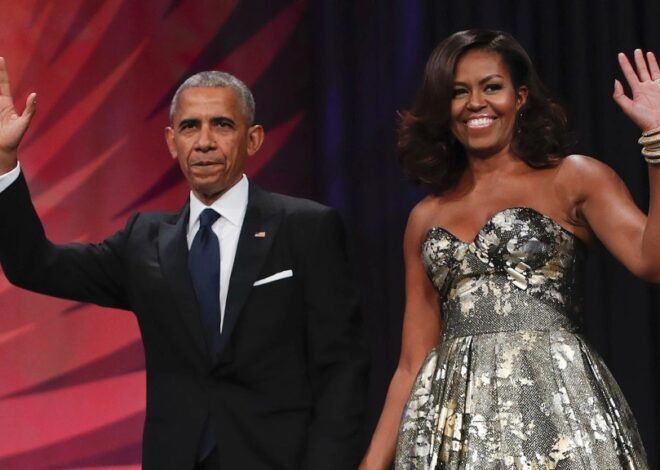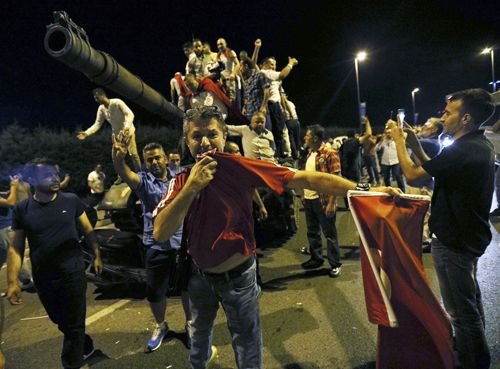
Two reasons why the Turkish coup failed
Turkish people surrounded the coup group’s tanks.
On July 16, Turkish President Recep Tayyip Erdogan announced that the military coup aimed at overthrowing his government last night had been defeated, and vowed to severely punish those behind the plan.
Global intelligence analysis website Stratfor said that the group of Turkish officers and soldiers who organized the coup on the night of July 15 had a great advantage: surprise.
The speed of deployment of coup groups of soldiers to occupy important positions of power in major cities shows their very high level of organization and working efficiency.
The first factor is solidarity and consensus in the army.
The Gulen Movement is a transnational Islamic movement that formed and spread in Türkiye in the 1980s, under the leadership of Muslim cleric Fethullah Gulen, who currently lives in exile in the United States.
Also known as the Hizmet (Serve) movement, this movement attracts the participation of many high-ranking government officials, including police chiefs and prosecutors in charge of anti-corruption investigations.
Starting in 2014, Mr. Erdogan began a campaign to purge supporters of the Gulen movement in the Turkish government and media.
When the coup group announced its seizure of power on television, senior generals in the Turkish army immediately condemned their actions and expressed support for Mr. Erdogan.
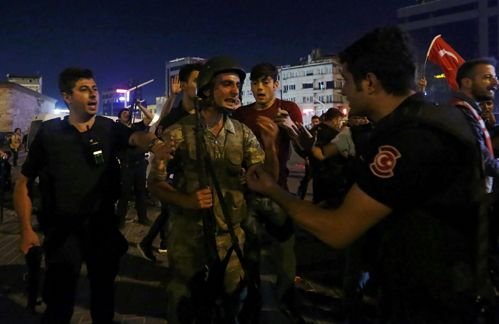
People question the soldiers who carried out the coup.
According to political scientist Naunihal Singh, the most important factor determining the unity of a military coup is whether other soldiers think the coup will succeed or not.
But if the Turkish military leadership condemns the coup, it is a sign that this action does not receive widespread support, and is certain to fail.
Erdogan’s power
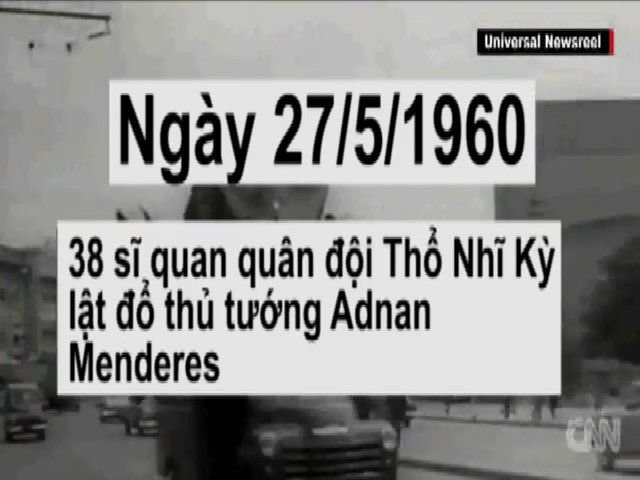
History of military coups in Türkiye
As a leader who has come to power since 2003, Mr. Erdogan is described as a `fierce` person, holding a lot of power, and has repeatedly suppressed pressure from the military.
In 2013, Mr. Erdogan won a spectacular victory over military generals, jailing 17 people, including high-ranking military officials, on charges of plotting to overthrow the Justice and Development Party (AKP).
In 2011, he directed another major round of manhunts, arrests, and prosecutions in `Operation Sledgehammer`, trying hundreds of military officers, journalists, and politicians on similar charges.
Critics accuse Mr. Erdogan of taking advantage of his power in the judicial system to silence political opponents, and say many military officers and politicians are slandered.
Analysts believe that the coup that just took place was just a spontaneous action by a small group of officers and soldiers in the Turkish army, not receiving the support of secular politicians or politicians.
According to Vox, when the coup occurred, Erdogan still exercised his full power, was able to connect with the press, and called on thousands of supporters to take to the streets.
That explains why people poured into the streets to block tanks, insult the coup commander, and show strong support for Mr. Erdogan.
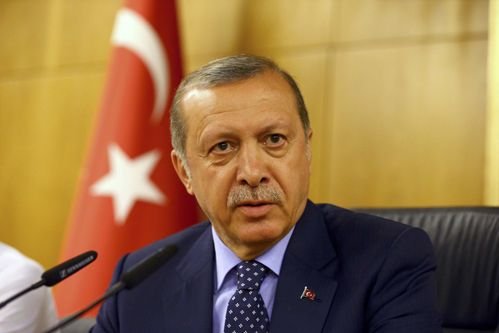
President Erdogan spoke after the coup.
Mr. Erdogan’s foreign and domestic policies face opposition from many secular and moderate politicians, but that does not mean they will support a coup against the popular president.
`This coup is simply the product of Islamist divisions within the military, and taking advantage of that division is not a factor that ensures the success of a coup,` Stratfor emphasized.
See more: Military coup, Turkish President declares ‘willing to sacrifice’
